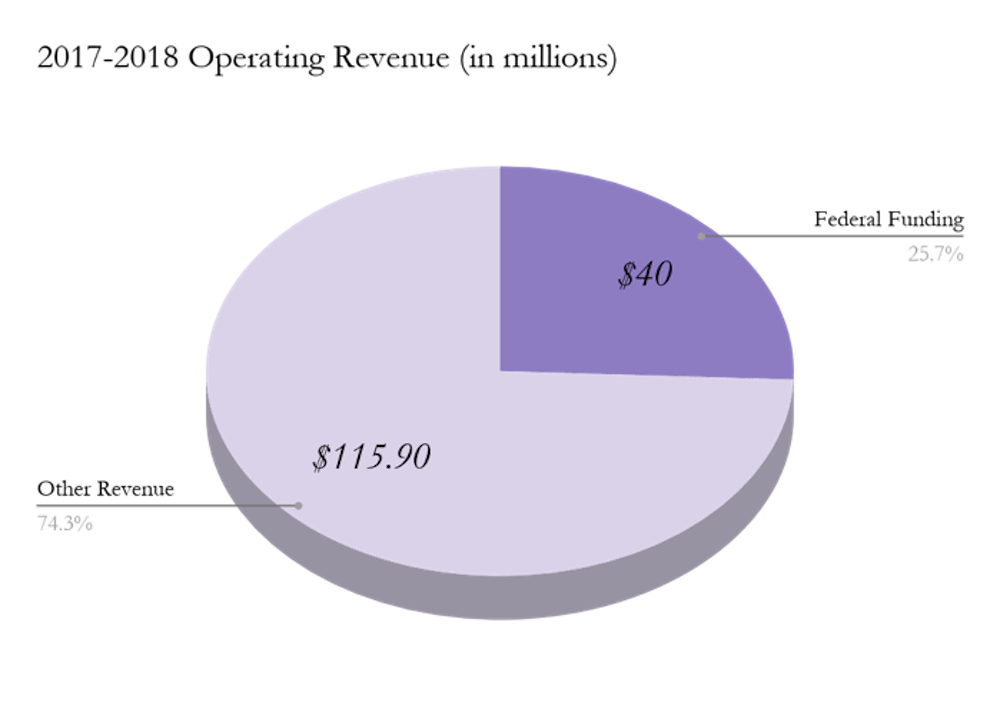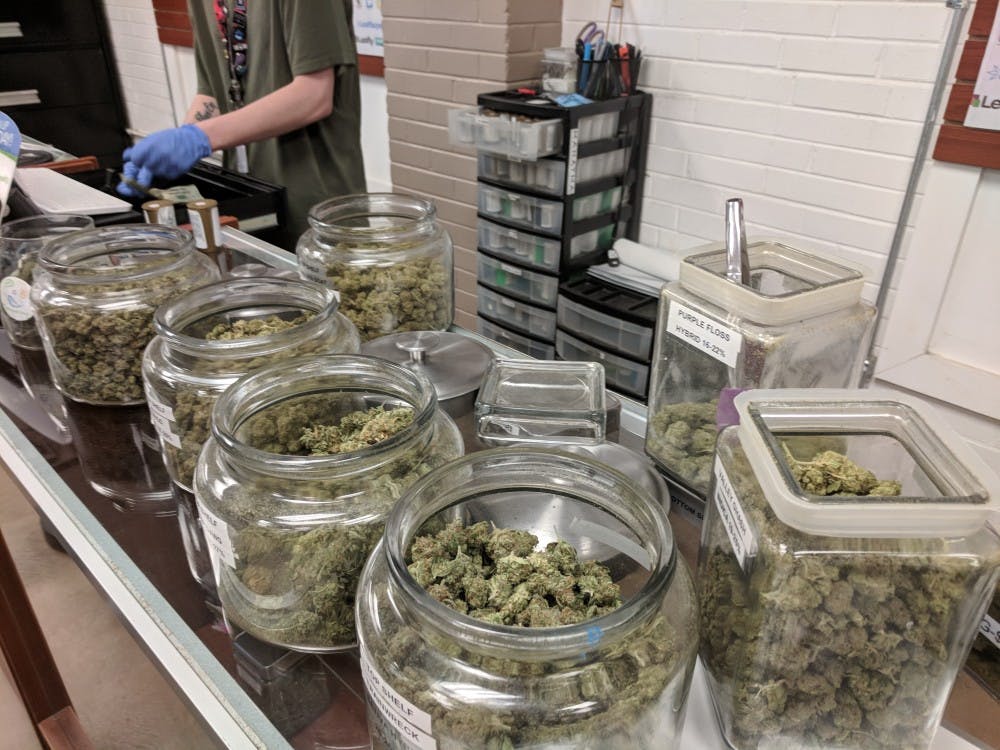A bill to remove federal marijuana restrictions on states that have legalized it was reintroduced to Congress on Thursday, April 4. Portland Representative Earl Blumenauer (D-OR) and Representative David Joyce (R-OH) filed the Strengthening the Tenth Amendment Through Entrusting States (STATES) Act in the House, while Senators Elizabeth Warren (D-MA) and Cory Gardner (R-CO) did the same in the Senate.
Even if the STATES Act passes, Sarah Meiser, associate director for community standards, doesn’t expect the university’s drug policy, which restricts marijuana use in all forms, to change much, even though recreational marijuana has been legal in Oregon since 2015. According to Financial Affairs Controller Eric Barger, a large portion of the university’s budget also depends on complying with federal restrictions on marijuana.
According to Barger, the university needs to comply with national restrictions on marijuana to receive federal financial aid and grants. In the 2017-18 academic year, over a quarter of UP’s operating revenue came from federal funds including student grants, work-studies, loans and research grants from organizations like NASA and the USDA.
“At this moment, it’s all really hypothetical,” Meiser said. “Our policies are based on our current laws and practices, as well as holistic wellness and academic success for our students.”

In November 2014, Oregon passed Measure 91 legalizing recreational marijuana statewide. Since then, a total of 10 states, including Washington and California, have legalized recreational marijuana and 23 others have approved it for medical use. However, the drug is still federally classified a schedule I controlled substance along with heroin and ecstasy.
According to Life on the Bluff, the university’s drug policy prohibits the “possession, use, sale, distribution, or manufacture of marijuana, synthetic substances, or other drugs illegal under federal, state, or local law,” including medical marijuana. The policy also bans the possession or display of drug paraphernalia.
According to Meiser, this policy applies to students regardless of location or time of the year. If a student travels the world over the summer, they’re still held accountable under UP’s drug policy so long as they’re enrolled full time. There’s no difference in enforcement if a student is 21 or over, or lives off campus.
Punishments vary depending on each student’s circumstances. Meiser said a common response for first-time possession is a one to two-semester probation, in which a student is subject to random drug testing and must complete a marijuana education course. Students under probation are also prohibited from leadership positions like resident assistants and ASUP. For further offenses or more severe violations like marijuana distribution, suspension and dismissal from the university are likely consequences.
Though marijuana is legal at the state level, UP takes a strict stance on its use. Whether or not this will change with federal legislation is unclear. Until it does, students could face severe consequences for using it on or off campus.








